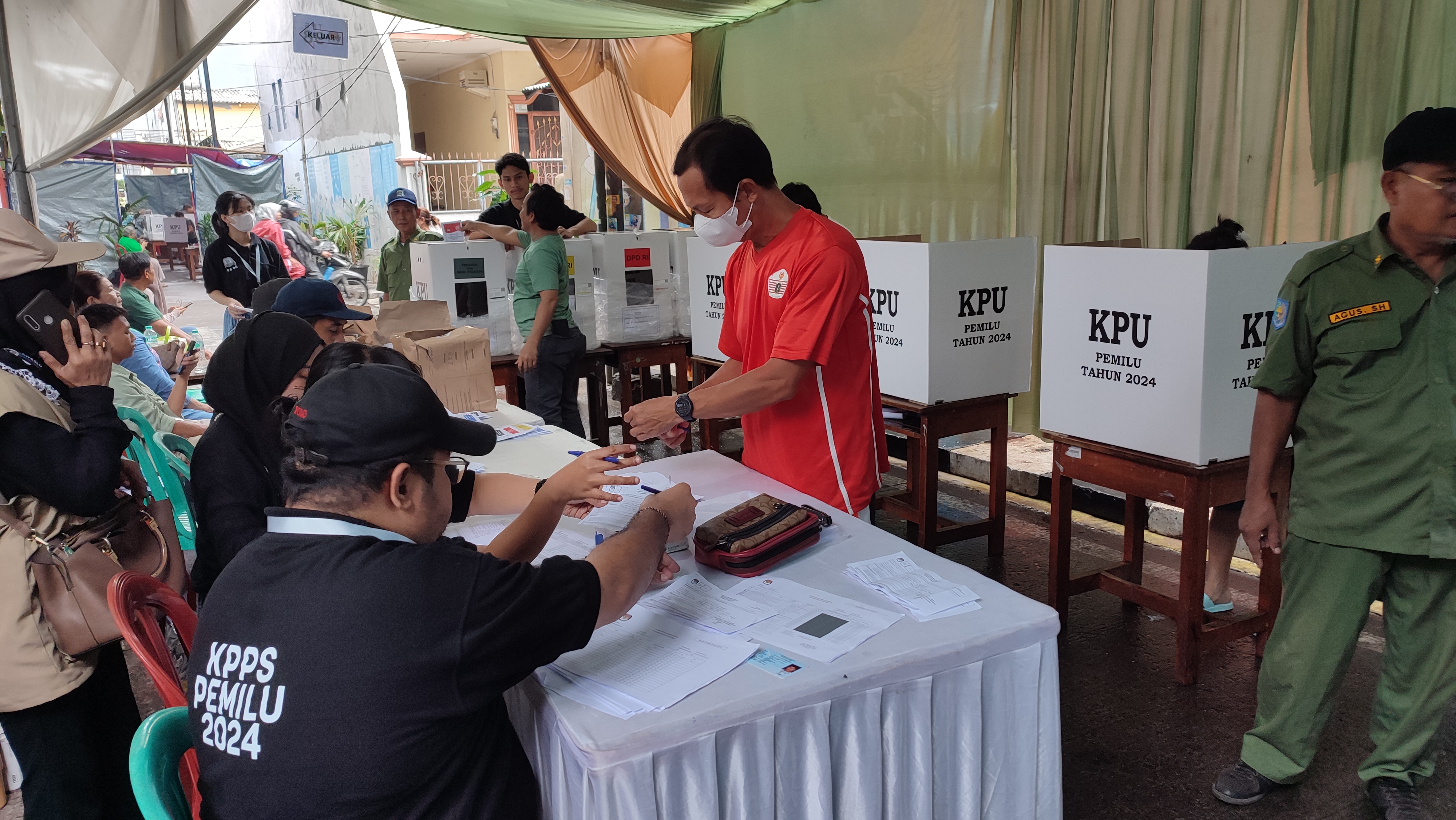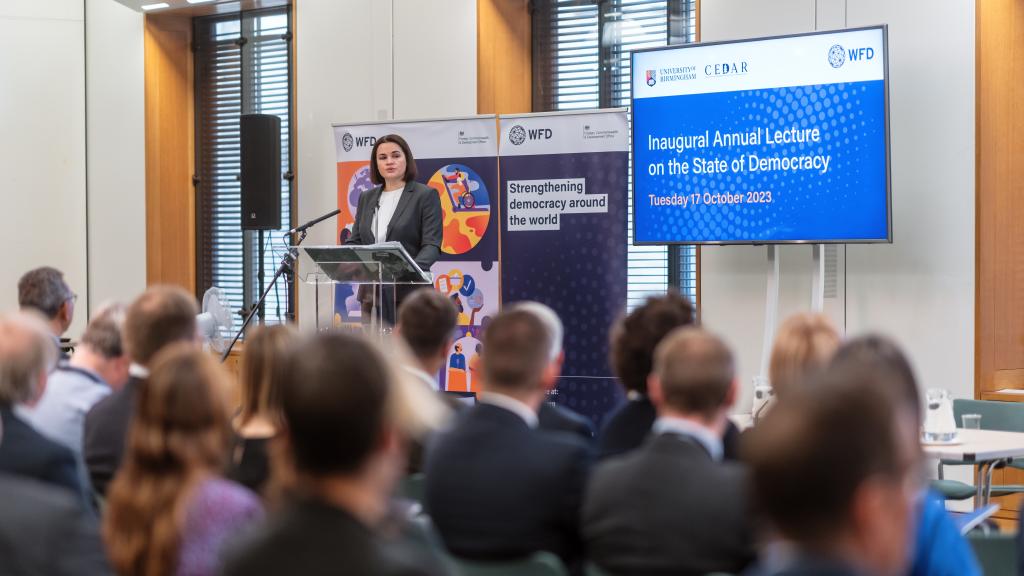Past events

Gender-sensitive post-legislative scrutiny adds a gender perspective to inquiries into whether legislation has produced (positive or negative, unintended or unexpected) impacts on gender results and outcomes. This approach to scrutiny is essential to ensuring that legislation at the very least does not harm and, at its very best, delivers better lifetime opportunities for those facing structural disadvantage.
However, gender-sensitive post-legislative scrutiny is not yet frequently practiced by parliaments. As the second webinar in WFD’s two-part series on the topic, the session will examine two papers developed by Dr Maria Mousmouti of the Institute of Advanced Legal Studies, looking at post-legislative scrutiny of gender-specific legislation and the use of data in gender-sensitive post-legislative scrutiny.
This discussion is part of a broader project to work with practitioners to bring in practices that can better understand the impact of legislation from a gender perspective.
Speakers
- Dr Maria Mousmouti
- Dr Lata Narayanaswamy (University of Leeds)
- Janet Veitch (Women’s Budget Group)

This digital conference on the nature of emergency legislation adopted in various countries in response to the COVID-19 pandemic was based on the presentation of new research findings.

On 30 July, Westminster Foundation for Democracy (WFD) will host an online interview featuring questions from the public with Alex Thier, former director of the Overseas Development Institute (ODI) and Obama administration international aid advisor, to celebrate the launch of his new paper, A Force for Good in the World: Placing Democratic Values at the Centre of the UK’s International Strategy.
In an interview with former BBC Head of Political Programmes, Sue Inglish, Alex Thier will discuss his recommendations for the creation of a new Department for Democratic Governance to support democracies around the world and confront authoritarianism. Alex argues it is time to put democratic governance at the centre of Britain’s approach to foreign policy, development, and national security. In other words, it’s time to do development democratically.

WFD has prepared an extensive policy brief on the multifaceted role of parliament in the oversight of public debt and debt management: “Weathering the COVID-19 Crisis and Beyond: The Role of Parliament in Public Debt Management”. Drafting of this brief started prior to the COVID-19 outbreak when concerns had already been raised about rising public debt levels in developing countries. The policy brief has been updated as the pandemic unfolded, and more countries ended up in debt distress. The policy brief is aimed at helping parliamentarians and other policy makers gain a better understanding of the substance, relevance and applicability of parliaments’ role in public debt management.
This webinar will discuss the current public debt crisis and the role of parliaments, with the participation of leading experts on the topic, and the author of the new WFD policy brief.

On Thursday 8 November, an historic one-day event brought together women parliamentarians from around the world to celebrate their achievements, discuss how to strengthen visibility, and further empower women parliamentarians to continue to drive change nationally and internationally in the House of Commons.
You can watch recordings of this historic event online here.

Join us on Friday, 14 March 2025, for an inter-active webinar, organised by the Global Community of Practice on PLS in cooperation with the Parliament of South Africa, Chamber of Deputies of Chile and the University of London, on gender-sensitive impact assessments of legislation.

The Electoral Integrity Project and WFD are pleased to announce a significant three-day online workshop examining electoral reform and democratic practices globally.

The Democracy Action Partnership (DAP) 2024 focuses on WFD’s extensive research on the Cost of Politics - the costs of running for and maintaining political office.

Join us for an engaging webinar with Dr. Tom Caygill, author of a recent report on Post-Legislative Scrutiny (PLS) in the Scottish Parliament. Discover how PLS serves as a powerful tool to assess the real-world impact of legislation long after it becomes law.

